This was previously published in our April 2024 issue.
The beaming sun bears down upon senior Aidan Arakkal’s forehead as he lops down tree after tree, pulls weed after weed, and sows plant after plant. Sweat drips down from his forehead onto the dried dirt ground after hours of painstaking labor. Surrounded by supportive friends, loving family, and zealous students all assisting in any way possible, Eagle Scout Aidan Arakkal remains to be one of the few to put effort into change; however, he continues to encourage others to contribute to protecting the environment.
Environmental change, which Arakkal fights to prevent, is an increasingly significant, controversial, and threatening global concern that has now become a reality rather than shocking headlines. With the overuse of plastic, combustion of fossil fuels, and increase of human overconsumption, society has seen a devastating impact on the natural environment — and the Lehigh Valley has not been spared, ranking as the fourth-worst in the Mid-Atlantic region covering Pennsylvania, New Jersey, Maryland, Delaware, West Virginia, Virginia, and Washington, D.C in terms of smog pollution. However, people such as Arakkal are taking notice and action against it.
The Boy Scouts of America, a youth scouting organization, which encourages Scouts to commit themselves to improve their community. This includes the Eagle Project, where in order to achieve the highest rank — Eagle Scout — the scout must plan, communicate, and execute a project for the benefit of their community. Scouts, such as Aidan Arakkal, typically complete their Eagle Projects while in high school.
He completed his own Eagle Scout project at the Wildlands Conservancy, in which he cleared invasive plant species in the area.
“I worked with the Wildlands Conservancy, and they marked any native species in this area of land,” Arakkal said. “There were only two plants [in the marked area] that were actually native.” Arakkal added that students at Emmaus can look for native species on EHS’ school campus, to raise awareness about differences between native and invasive species.
Humans typically introduce invasive species that typically compete with native species for resources and space by spreading aggressively, forcing native species out of their natural environment – thus devastating ecosystems.
The Wildlands Conservancy is a group dedicated to preserving nature and animal life in the Lehigh Valley and the Lehigh River watershed. The Conservancy relies on community engagement, especially from youth – including EHS students – to help maintain the Lehigh Valley’s natural splendor for all.
The Wildlands Conservancy also works with local Boy Scouts, like Arakkal, to assist in the effort. Most frequently, Boy Scouts work with the Wildlands Conservancy to complete their Eagle Scout project, allowing them to both contribute to the cause and hold the highest rank in scouting.
President of the Wildlands Conservancy Christopher Kocher remains uneasy about the future of farmland.
“Clearly there’s been significant growth in the Lehigh Valley over the past 30-plus years – accelerated growth in the past six or more [years], [as more] people [have become involved] in the warehouse development and commercial development division,” Kocher said. “We clearly have seen a major shift in land use. We saw a pretty significant increase in loss of open space and recreation lands as well as farmland and open spaces.”
Invasive species, both plant and animal, have an intensely negative impact on the local community, causing mass extinction of local wildlife and destroying the area’s biodiversity. When invasive species such as the Autumn Olive, Japanese Knotweed, Multiflora Rose, Privet, and the Tree of Heaven are introduced into the environment, not only do native species suffer, but human lives are also affected. According to the National Wildlife Federation, the introduction of invasive species can clog water sources, ruin crops, and destroy fisheries and grazing grounds. Invasive species also have no natural predators, leading to their unchecked growth.
Fellow Boy Scout and senior Ryan Baig also contributed to the notable cause. Baig created a trail in the Brenner Penfield Reserve on Mackenzie Mountain to also earn his Eagle Scout rank and help bring open space back to the Lehigh Valley.
“A part of scouting is hiking. We do a lot of hiking, and hiking became one of my favorite things,” Baig said. “You get a great sense [through Boy Scouts] of how connected we are to nature and how much we should protect it.”
This trail, placed on an already popular hiking location on the mountain, further enabled visitors to access the site’s beauty. Through his project, Baig aimed to promote a love of nature and inspire the younger scouts to continue preservation efforts in the valley.
“I thought this would be a great way to show people, ‘Wow, I want to protect this, I want to make this a place where everyone can come around and see the beautiful Pennsylvania wildlife,’” Baig said.
This trail connects directly to a larger reserve, the Reimert Memorial Bird Haven, which is home to a plethora of native birds. Trails encourage citizens to love and enjoy the environment, as well as preserve lands and prevent detriments like soil erosion and pollution. Trails play an important part in the Valley’s culture, preserving a historic part of the landscape.
Other eco-minded students have also taken measures to help their impact on the environment. Senior Rafael Diaz and his family run a stand, Lehigh Valley Peanut Butter, at the Macungie Farmers Market.
“It’s really fun doing the farmers markets because youget to see all different kinds of people,” Diaz said. “I sell peanut butter and olive oils. We use local herbs from our own garden to put into the olive oil… and we get the peanuts from South Carolina, and we grind them up ourselves and add different kinds of flavorings.”
A 2022 study by Iowa State University found that greenhouse-gas emissions from the transportation of produce were cut down by 50 percent when vegetables were grown within the state. Outside of growing his own peanut butter and olive oils, Diaz also takes note of the environmental impact as a ski instructor.
“I’ve been skiing for almost 13 years now, and I’ve noticed that the winters are definitely getting shorter,” Diaz said. “We used to have our season from early December all the way to early April. The ski mountain has closed about three, four times since the start of this year when it used to never do that. I’ve seen a dramatic change in the environment in the Lehigh Valley.”
Cutting down on emissions helps to reduce the impact of global warming, and when practiced on a larger scale, can have tremendous benefits. Research done by NASA shows great impacts on humanity as a whole when emissions decrease, including increased crop yield, fewer hospitalizations, and better air quality.
Despite rising temperatures, increased smog and pollution, and endless carbon emissions, students continue actively aiming to improve their local areas. In doing so, they join the nationwide grassroots movement to undo damages done to the environment over previous generations.


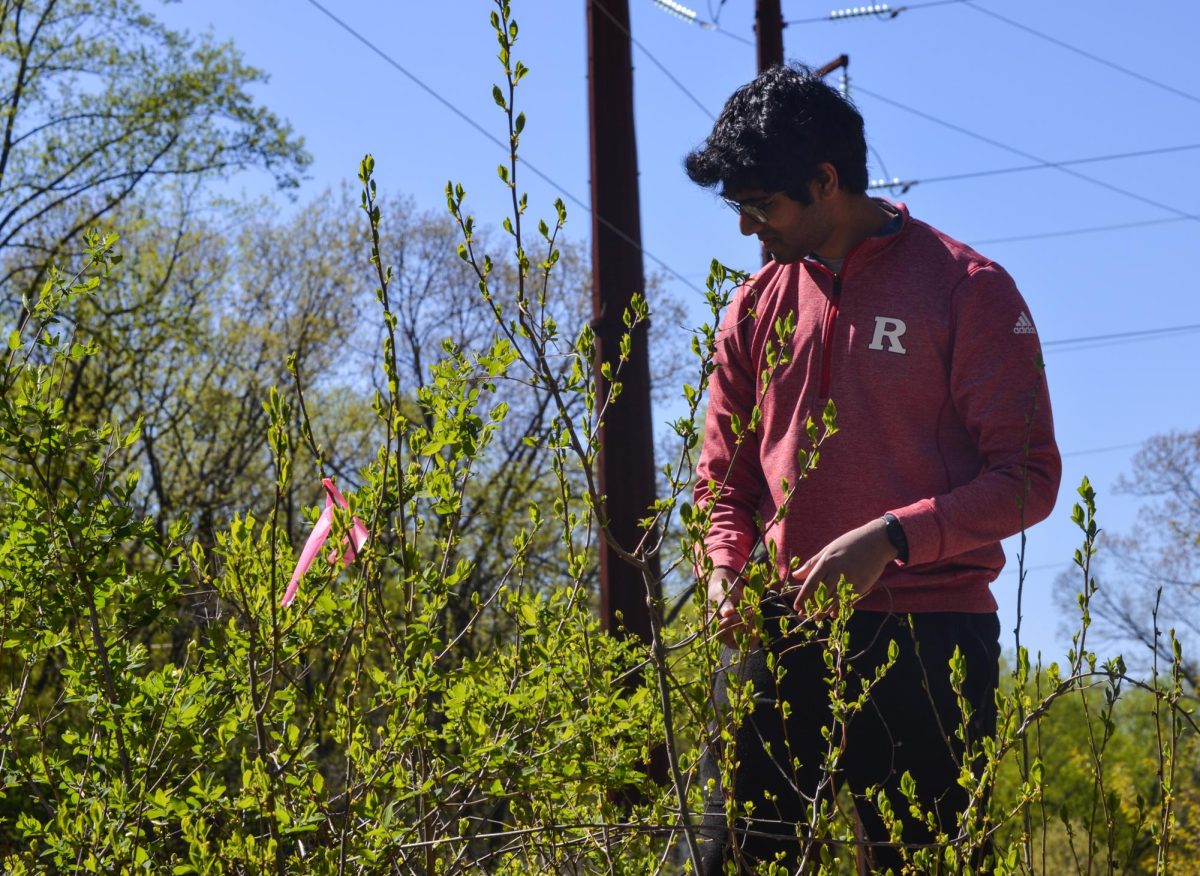



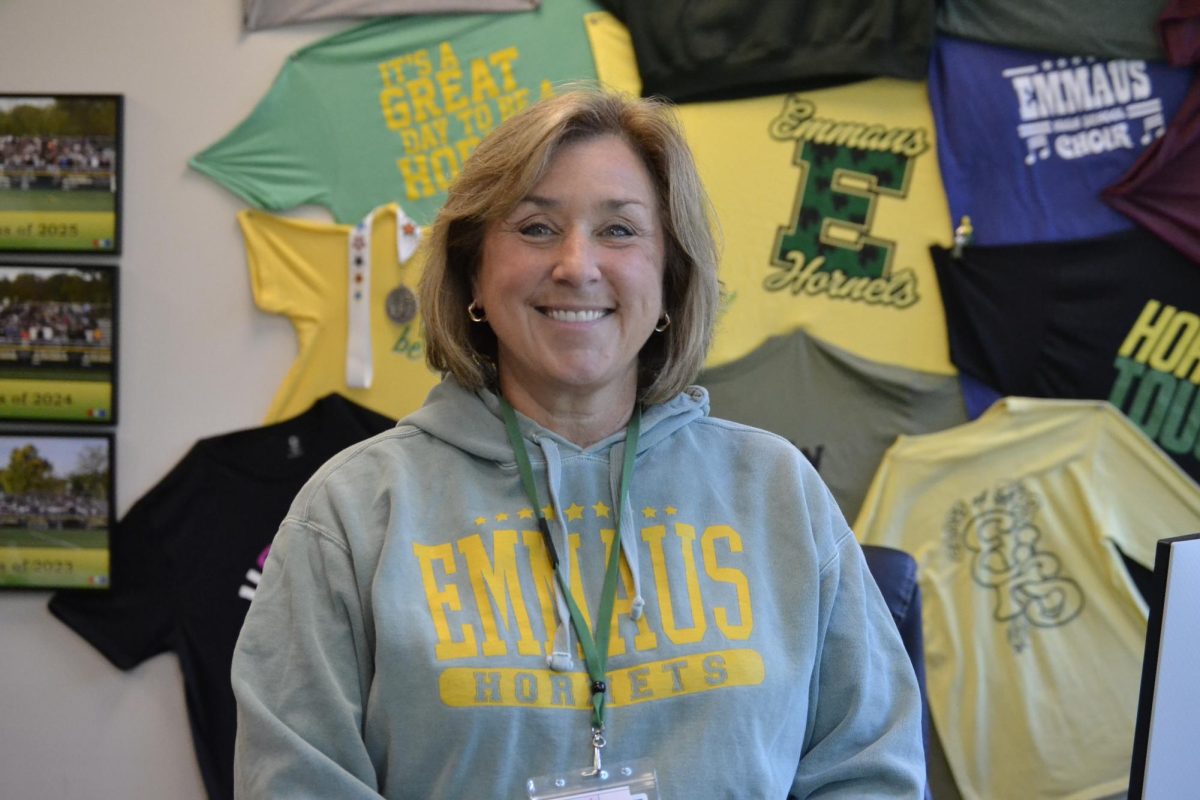

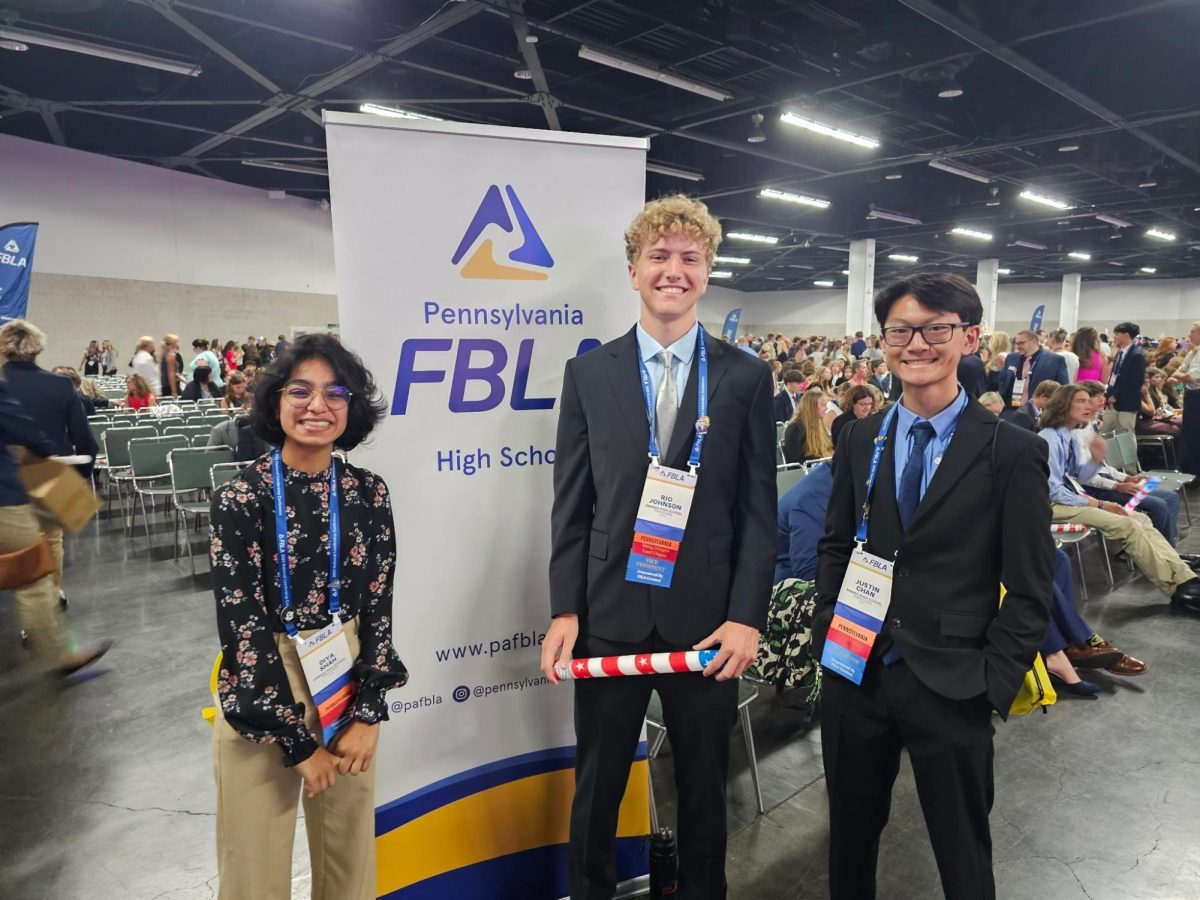
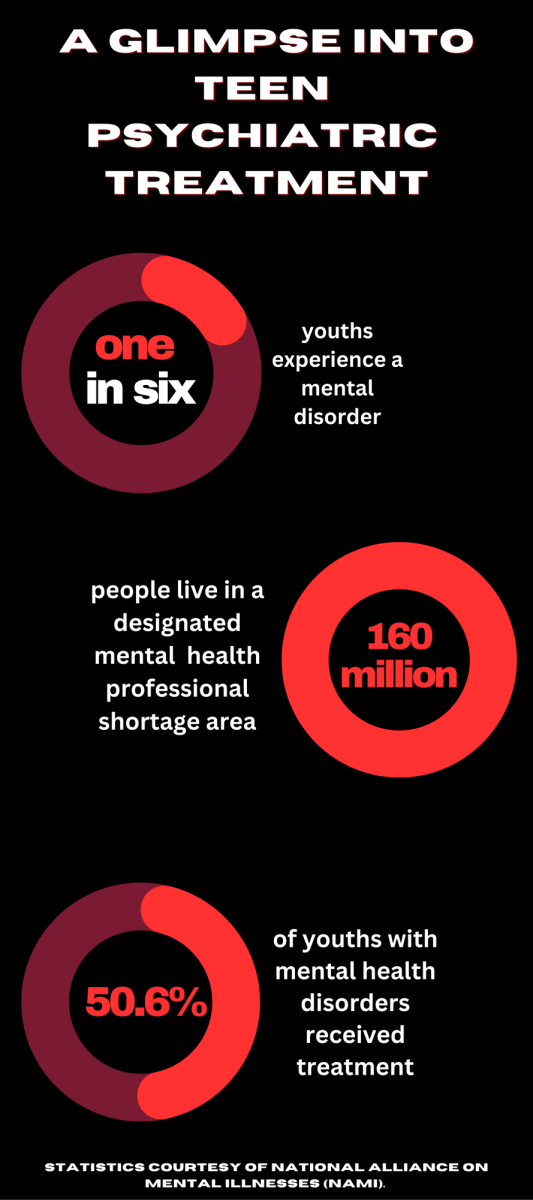


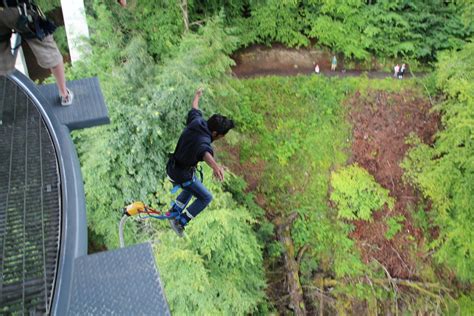


Aidan Arakkal • Sep 4, 2025 at 2:36 pm
Wow!